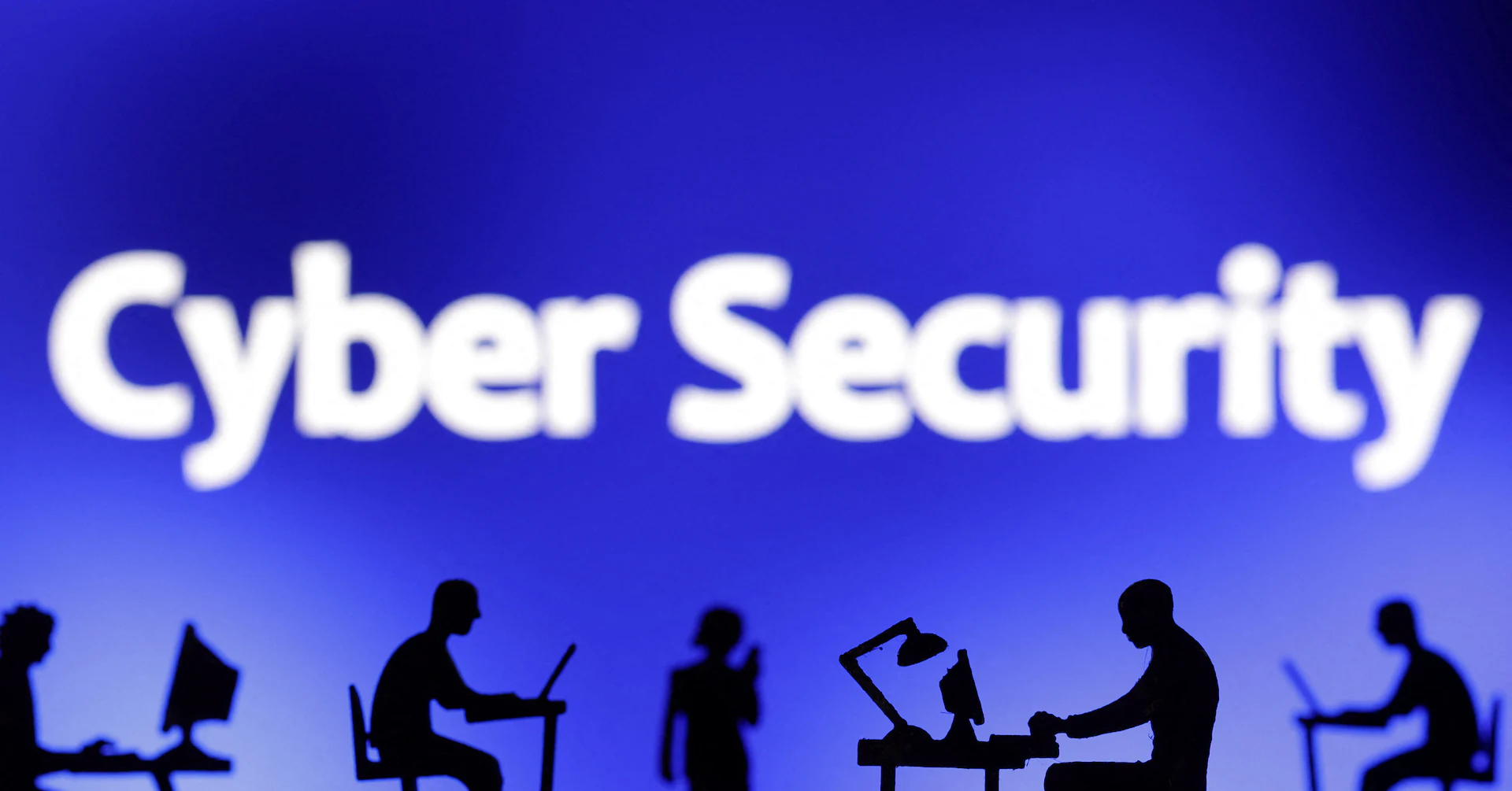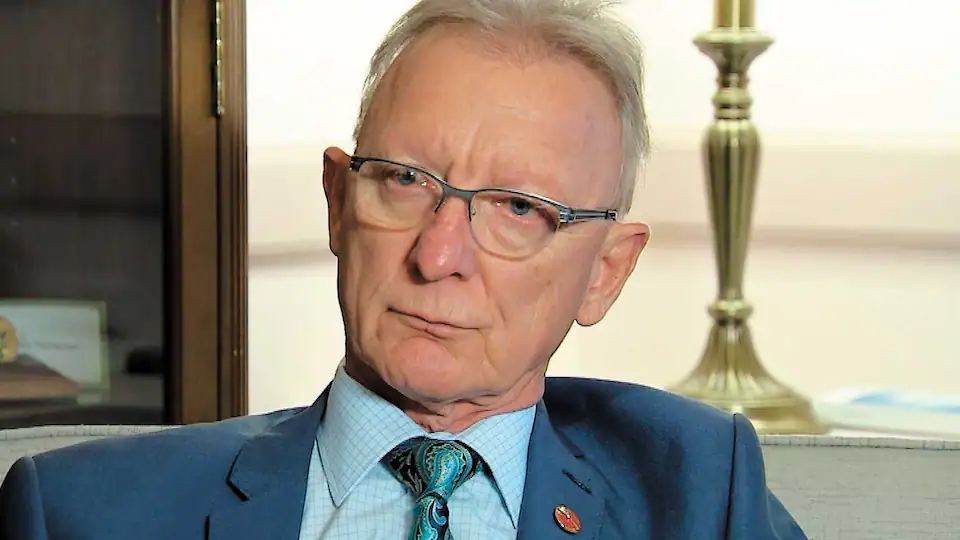
JERUSALEM, Sept 17 (Reuters) – Glilot Capital, one of Israel’s largest venture capital funds, said on Wednesday it had raised $500 million for two new early-stage funds to invest in fast-growing Israeli AI and cybersecurity startups.
Glilot said the money was raised mainly from international investors, including pension funds and other financial institutions in the U.S. and Europe, suggesting little adverse impact from the widespread criticism of Israel over its actionsin Gaza.
Sign up here.
The cash will go to two new Glilot funds – a seed fund, its fifth, and another that invests in early-stage companies called Glilot Plus.
Glilot has realised 22 investments since its founding in 2011.
Kobi Samboursky, co-founder and managing partner, said each of the new funds aimed to invest in 12 AI and cybersecurity startups in the coming years. Glilot’s funds have invested in eight companies so far this year, while portfolio companies have received $700 million in follow-on investment.
“Cyber is now bigger than ever and I don’t think it’s going to end anytime soon,” Samboursky, a former officer in the Israeli military’s 8200 intelligence unit, told Reuters, adding he preferred to not invest in too many companies.
He said half of the new funding would go to new investments and the rest to follow-on investments. Glilot has more than $1 billion under management.
Investment, Samboursky said, would be focused largely on startups that protect companies’ AI as well as attacks stemming from AI – technology that combines AI and cybersecurity.
“This (segment) is going to be bigger than cloud security,” Samboursky said. “In the next five, six years we have the potential to create a lot of great companies because of this combination.”
He said that cyber hackers were increasingly using AI so “we as an industry need to come up with solutions to cope with that … We already are starting to see much more sophisticated attacks so we have to completely reinvent the way we protect” against them.
Israel has become a global leader in cyber security, which accounts for about half of all investment in Israeli tech startups.
“It’s clear,” Samboursky said, “that Israel is number one in the cyber domain.”
Reporting by Steven Scheer Editing by Mark Potter



